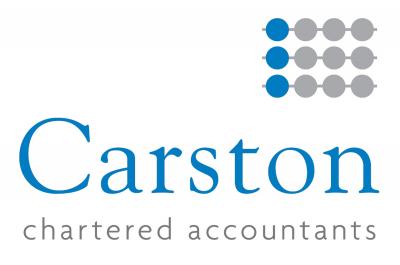*Disclaimer: This article was factually correct at the time of writing.*
As one of his first moves as the new Chancellor, Kwasi Kwarteng took to the House of Commons to announce tax cuts and reforms to offset the cost of living crisis.
Dubbed the ‘Growth Plan 2022’, the Chancellor set out plans to support the UK economy against rising interest rates and staggeringly high energy bill costs.
This article will briefly summarise the proposed changes and what they mean to you.
Income tax
One of the main announcements made by the Chancellor was the plan to bring forward the cut to the basic income tax rate, which will see a lowering of one percentage point from 20% to 19% for basic-rate taxpayers.
Originally announced by former chancellor Rishi Sunak, the cut was due to come into effect as of April 2024 but will be brought forward by a year and will take place in April 2023.
This change will represent an average gain of £170 a year for 31 million taxpayers. The cut is the first of its kind to income tax in the last 15 years.
In a controversial move by the Chancellor, he also announced that the additional income tax rate would be abolished. This would mean anyone earning £150,000 a year would no longer pay 45% income tax.
After being met with strong opposition, however, the Chancellor decided to cancel this move just days after the mini-budget.
Corporation tax
Although the rate of corporation tax for businesses with profits over £250,000 were expected to increase from 19% to 25% in April 2023, Kwarteng reversed the decision.. The change is expected to allow larger companies to keep almost £19.
In line with this, the Chancellor said the bank corporation tax surcharge will be reduced from 8% to 3% from April next year, meaning the overall corporation tax rate for banks will be 27%.
National Insurance contributions
In a bid to undo the previous goals of his predecessor, Kwarteng continued to announce the reversal of the health and social care levy. Now, the 1.25 percentage point added to National Insurance contributions (NICs) will be scrapped and the health and social care levy will no longer come into effect and replace the rise in April 2023.
It’s expected that the average worker will save £330 a year, affecting 28 million people in the country through the policy.
The corresponding 1.25 percentage point rise in dividend tax will also be reversed.
IR35
Reforms to IR35 rules were also under the spotlight during the mini-budget. The Chancellor announced that the reforms brought into IR35 in 2017 and 2021 would be repealed.
The changes mean that it will no longer be the responsibility of an employer to determine the IR35 status of subcontractors and employees; once again, it is the sole responsibility of the worker to determine their status and declare any tax obligations to HMRC.
Energy bill support
With energy bills hitting record highs, Kwarteng set out a package worth billions of pounds to support families, businesses and energy firms.
The previously announced energy price guarantee for households has begun , capping gas prices at 7.5p per kWh and electricity at 21.1p per kWh.
An average household will be expected to pay a maximum of £2,500 for their energy bills for the next two years as a result of the policy although, if you use more energy than a typical household, your bills will surpass this amount.
The energy bill relief scheme will support businesses by capping wholesale energy prices for all organisations for six months from October. All non-domestic energy customers in England, Scotland and Wales will be included in the scheme.
There will be a review in three months, which will determine if other business support will be made available after the six months.
The last announcement in the energy bill support package is the £40bn energy markets financing scheme. The scheme will provide a 100% guarantee for commercial banks covering any additional lending to energy firms.
Does this affect you?
As well as these main announcements, there are further measures being rolled out over the coming months.
The team at Carston will be happy to answer any questions you may have about the mini-budget and advise you on what these changes may mean for you.

